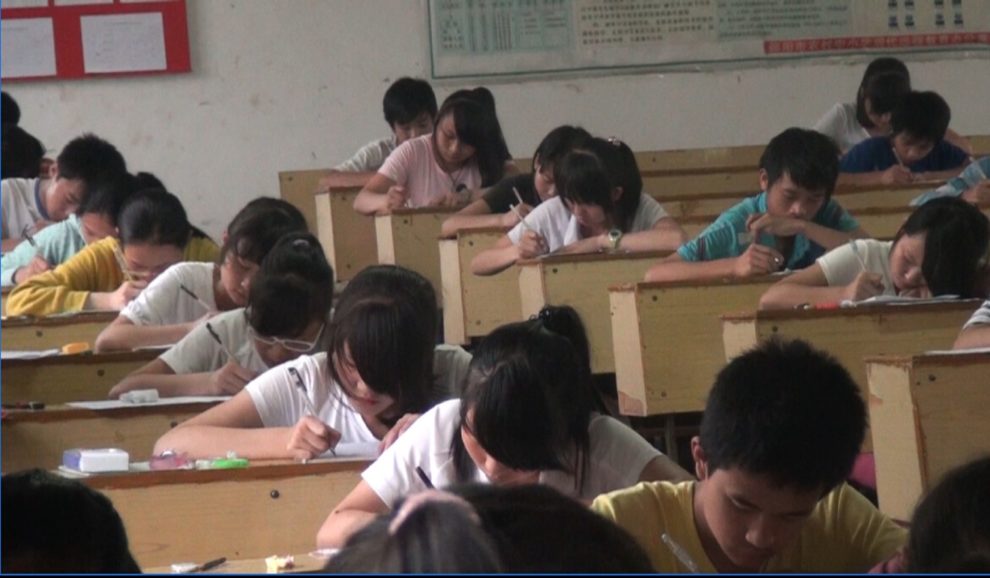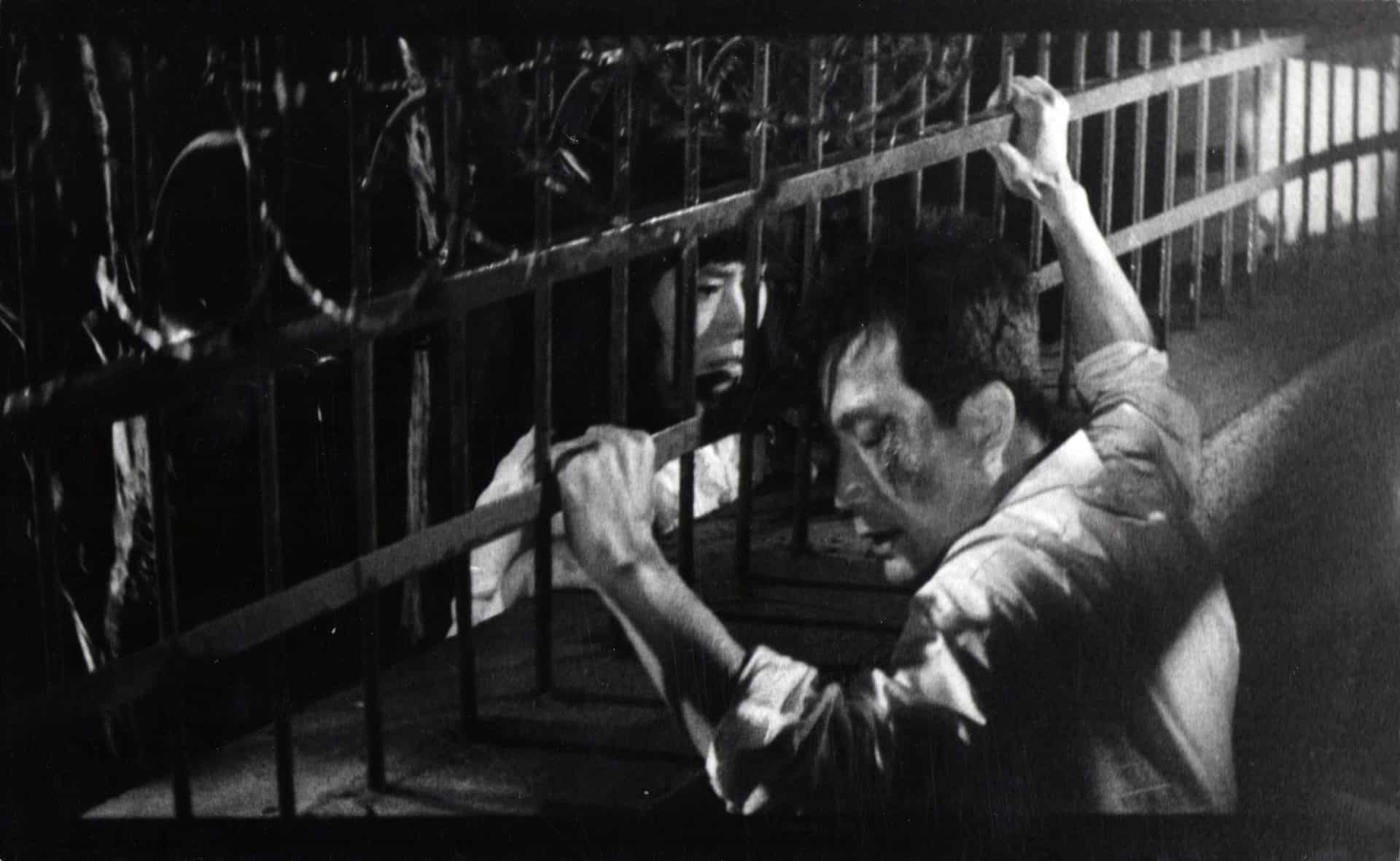“The Ninth Grade” is the final installment of Jiang Nengjie's documentary trilogy about the left behind children in rural China. In it, he follows the final school year of class 172 from a school in Hunan Province. The students, who at the beginning of the year are more than hundred, but their numbers are pruned down after an exam. The best stay in Class 172 and 170, while the worst are moved to Class 171 and 173. Some of the first have the chance to enter senior middle school, while none of the rest do. They will most likely start working immediately after graduating junior middle school.
Watch This Title
on CathayPlay

Apart from that, the day-to-day activities of all students are the same. All of them live in the school dormitories and follow a pretty strict daily regimen. And it is precisely their daily schedule that Jiang Nengjie chooses to focus a big part of his movie on. All students wake up at 6:00 am, do light exercise at 6:20, followed by lecturing and admonitions by a teacher (mostly, about using phones or keeping the dorms dirty), then self-study until 7:20, then radio exercise at 10:30, then school, then study, some free time, and finally, at 8:20 pm, lights off and sleep. Just to wake up next day and do exactly the same. And all the ones after that until the year is over.
Jiang Nengjie shows us this soul-numbing and childhood-robbing routine through repetitive time-stamped vignettes of masses of people moving as one. Like his previous work, these scenes are visually raw and immediate. We hear the camera's lens moving, we feel the cameraman breathing. This all lends a human-like touch to the dehumanizing institution that the Chinese school seems to be. An institution that treats young people, children even, the same way it would do factory workers, for example. These scenes are punctuated with brief glimpses of the boys' dorms, where the children sit on their beds, listen to music, and talk. These might be only moments when they show their personalities.
The parallels with factory life run through the majority of “The Ninth Grade”. In fact, the documentary starts with a protracted sequence of people walking in an undisclosed building while a voice from overhead speakers is telling them the schedule they need to follow. Though shots of whiteboards and desks identify the place as a school, the viewer cannot but feel confused, because it does not feel like one. It is like the army or a factory filled with masses of unnamed people, rather than individuals with personal histories, aspirations for the future, and interests. That might be precisely why Jiang Nengjie decides not to follow select students and have them as the documentary's protagonists, but to turn his camera towards Class 172 as a whole.
This creates the false impression that Jiang Nengjie presents a holistic vision of what life in the ninth grade in Hunan school is like. That might be so, but only to a very small degree, only for the smart kids at Class 172. For the rest, it is quite different. When the students from 172 take a series of exams as a means to prepare for the notoriously difficult test for the prestigious Xining School No. 1, next door the boys and girls from Class 173 are singing and drinking because their school life has finished. What is left now for them is entering the workforce and eking out living just like their parents.
When the grueling exams for the prestigious school are finally over, the children can finally relax and let go for a bit. They do it the same way Class 173 did while they were studying – by singing loudly, drinking alcohol, chatting about the past, joking with their teacher Ms. Xiang, and crying silently.

















What I tried to register on CATHAYPLAY to watch the video, the site requires a OTP. How do I go about getting one?